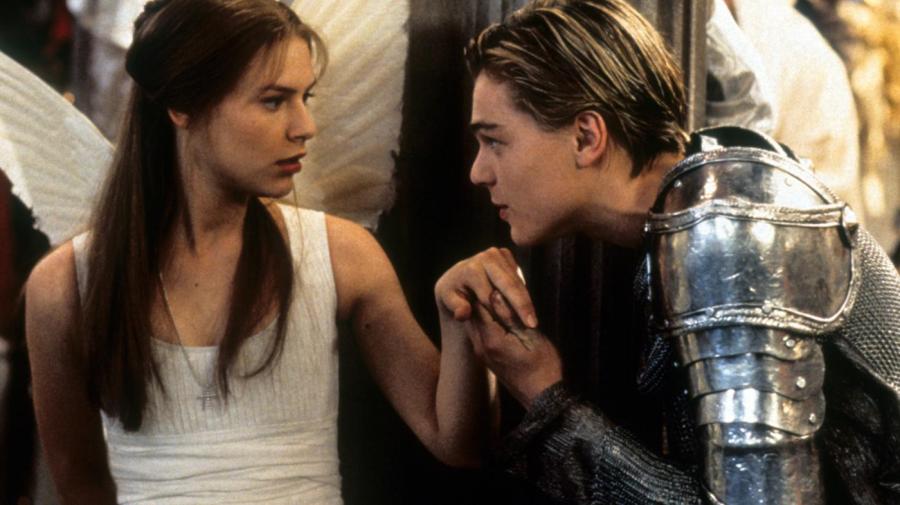What Is an Example of Hyperbole in “Romeo and Juliet”?

William Shakespeare’s “Romeo and Juliet” is filled with examples of hyperbole, such as when Romeo says that “[t]he brightness of [Juliet’s] cheek would shame those stars, / As daylight doth a lamp; her eyes in heaven / Would through the airy region stream so bright / That birds would sing and think it were not night” (Act 2). This statement is hyperbolic because Juliet is not literally shining like the sun, and her eyes do not actually cause the birds to think that it is daytime.
Romeo tends toward hyperbole in general, as one might expect of a teenager in love. For example, he later says, “[t]here is no world without Verona walls, / But purgatory, torture, hell itself” (Act 3). He claims his life outside Verona is literally hell, but he is not actually screaming in an agony for eternity.





